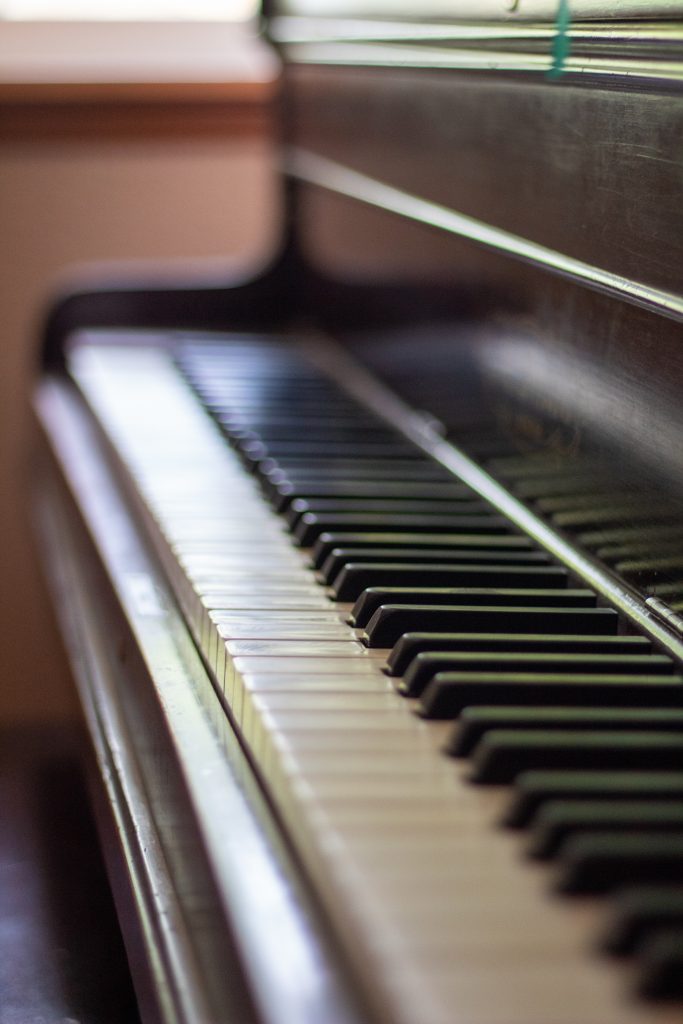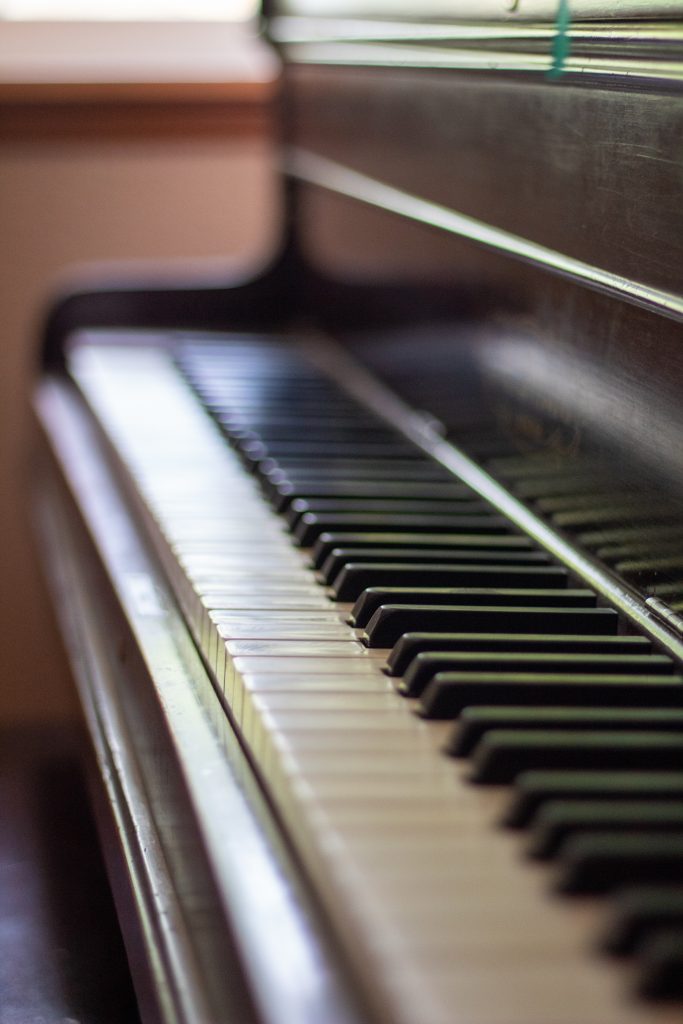Bring music to UWT
A research project led by two students shows the student body’s desire for music-based programs and extracurriculars on campus.

After a rigorous winter quarter, many of us are feeling some intense burnout. I think we can all agree that a week for spring break isn’t enough to dissolve the stress we all seemed to share during those last weeks of class. We do what we can to stay on top of things, but even the most dedicated of students need an outlet to unwind.
After having a conversation with my good friend Bailey Hedden during our final group project, we ran into a concern that both she and I had been asking ourselves since we first began our studies on the UWT campus. Spurs of anxiety, depression and stress wreak havoc on modern college students’ lives. So, we expect there to be media that will alleviate those stressors supplied by our university. One common ground that most people share when it comes to stress relief is listening to music, or taking place in music-based activities. So, why doesn’t UWT have music classes? More specifically, why are there no music-based recreational programs and activities on campus when both UW Bothell and Seattle have them?
As writing studies majors, we have a passion for the arts. But before coming to UWT as students, we had plans to pursue minors in music-centered degrees. I wanted to pursue a minor in ballet. Bailey said she wanted a minor in music production. Seeing how UW’s other satellite campuses offered rigorous and successful music and dance programs, we assumed Tacoma would as well (or at least provide classes). But as soon as our first day, we were disappointed to learn that none were offered at all. This meant that our studies in those fields would be halted until we managed to get transfers or apply to the other two campuses.
Going off these personal frustrations, we decided to bring this forth to the community through our communications class final project, which sought to tackle things that the UW Tacoma campus could improve for its students. We wanted to see if other students shared the same sentiments or if these were just extremely specific circumstances for us. We conducted research directly from the student body with the intention of being handed to UW Tacoma board members in charge of creating departments for new programs and classes. Here are the results of our recollected data.
To start, 81% of students in our survey would be interested in taking a music-related classes or going to music-related clubs. 66.7% of students expressed disappointment in the lack of music-based activities supplied by the campus. 38.1% of students would be interested in taking music-related classes or going to music-related clubs with the intention of pursuing a degree, while 47.6% said they would not. Though students have expressed they’re not thinking about pursuing music academically, the margin between yes and no is extremely slim. Just the fact that there are students who would like to pursue music-centered degrees at UWT should be enough incentive to consider this proposal.
Demonstrating specific examples of music improving mental health, a research article led by Seyed Ebrahim Hosseini and Seyed Ali Hosseini named “Therapeutic Effects of Music” showed us that: “…Listening to music can decrease aggression; improve attention and memory; dancing to music showed improvement in emotional and behavioral symptoms in children; music therapy proved useful in the treatment process of ADHD, etc.”
They also found that “…mild and gentle music would help relieve pain by releasing opioid and dopamine in the brain; even cancer patients using music therapy showed a reduced amount of pain; music therapy also showed relieved the pain brought on by anxiety and depression; overall reducing the need for multiple pain relieving drugs.”
Another study conducted on children in 2004 showed that music could also increase one’s IQ, as the research found that: “Compared with the control groups, the music groups had reliably larger increases in full-scale IQ.” Though this study was conducted on children, it is still accurate to say that this research applies to college students, as they are also on the search for knowledge and growth through the university system.
Finally, research has also proven that music can improve a person’s performance in work environments as proven by the research article “The Impact of Music on Task Performance at Work”: “Research has suggested that music can influence a person’s brain emotionally and cognitively because music synchronizes the right and left hemispheres of the brain. The left hemisphere of the brain analyzes the structure of music, while the right hemisphere focuses on the melody. The two hemispheres of the brain work together in this process to enhance learning .”
With this, we know that music on our campus will not only aid its students in mental and emotional health but also aid them in their professional and academic endeavors.
Overall, mine and Bailey’s goal was to spread the word about our proposal so as to reach a larger section of the student body. With enough voices, we can show our passion for these subjects and have this be seriously considered if it reaches the right audience. UWT desperately needs to update its programs and extracurriculars and supply students with what they need to be healthy, active, and willingly involved in the community. There is absolutely nothing better to unite entire communities with than music.



